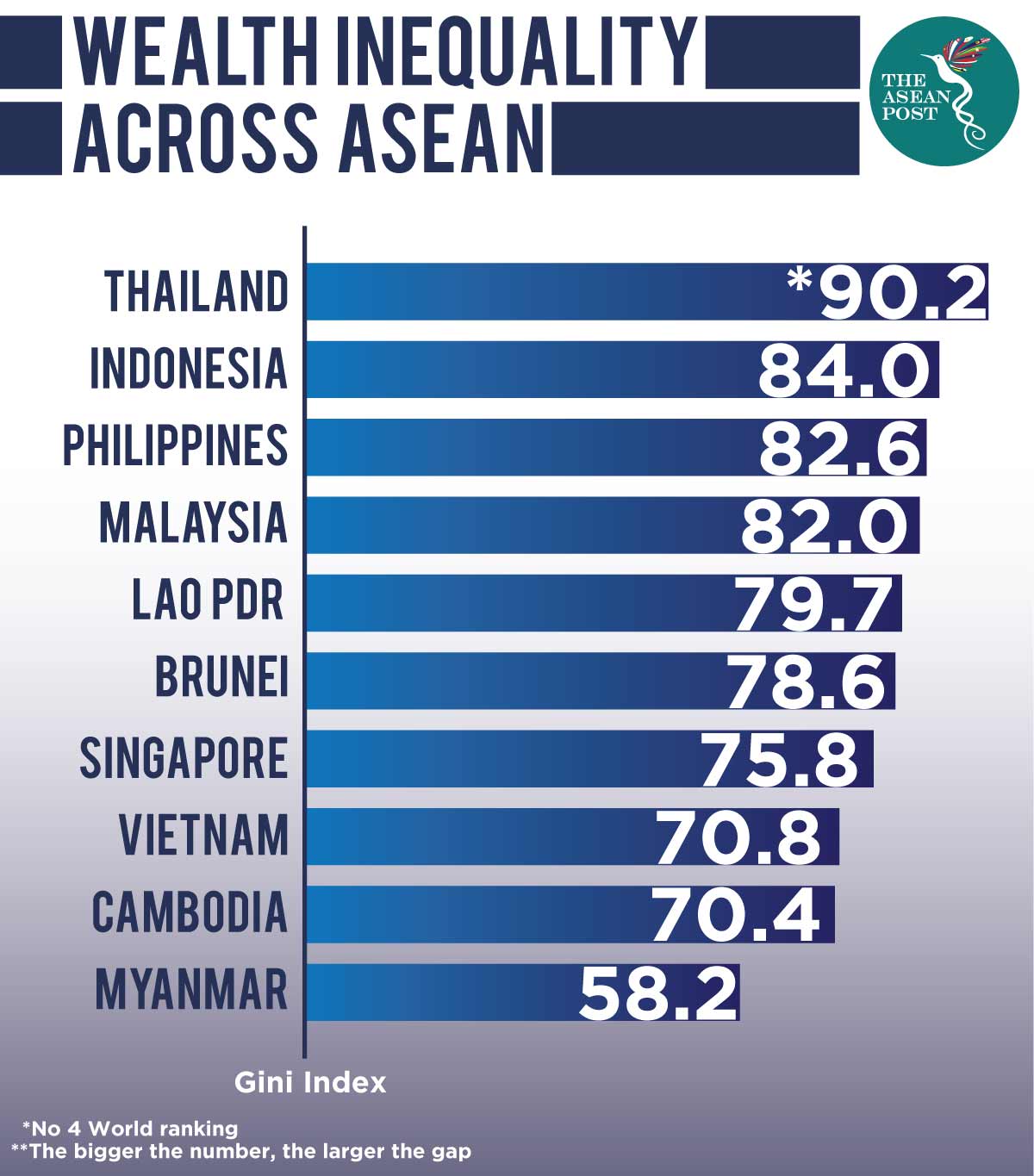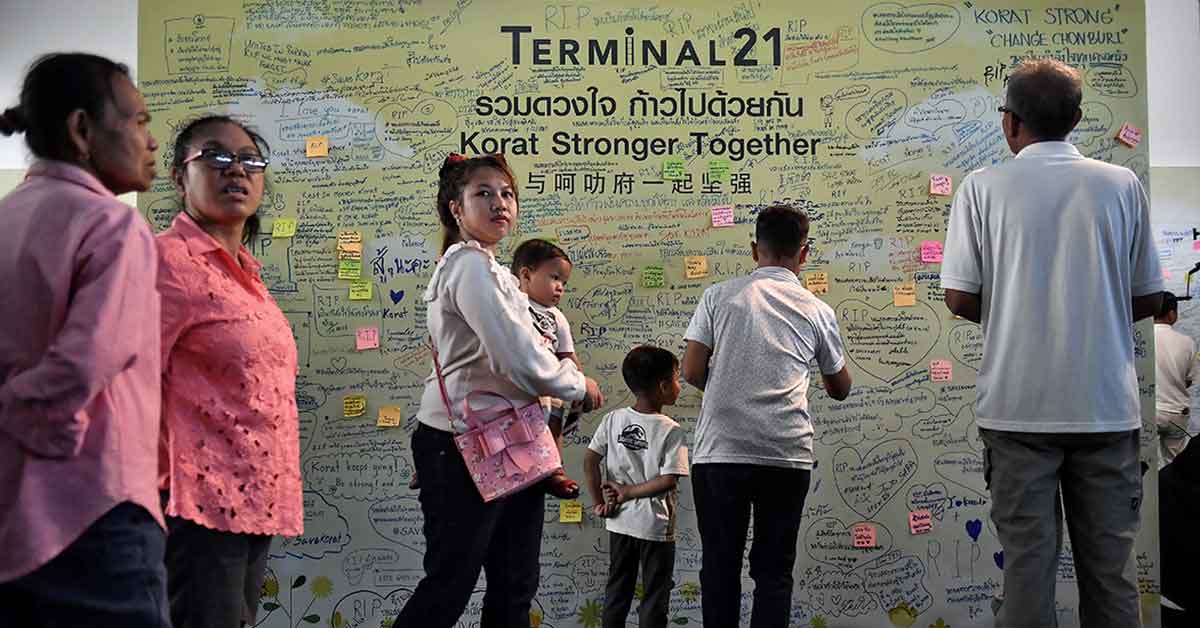Saturday, 8 February, will be a date that Thais will not soon forget. It was the day an armed gunman entered the Terminal 21 shopping mall in Nakhon Ratchasima (popularly known as Korat), and began indiscriminately firing at innocent shoppers, taking the lives of 29 people before he himself was later gunned down as he hid in the seven-storey shopping mall. The incident is Thailand’s worst mass shooting in recent memory.
Subsequent reports on the Korat Massacre provided some insight into the shooter’s life. Jakrapanth Thomma, 31, was a Sergeant-Major from Chaiyaphum province in the northeast of Thailand. The motive for his shooting is still unclear but the army has blamed his meltdown on a "personal dispute" over debt.
In one of his last posts on Facebook, Jakrapanth wrote: "Getting rich from cheating, taking advantage from others, they must think that money can be spent in hell.”
According to a report by the New York Times, Jakrapanth grew up in one of Thailand’s poorest regions before joining the military which – because it is heavily involved in both, politics and business – has also become a means to power and wealth, and many high-ranking officers have their own side businesses in addition to their official duties.
According to reports, what could have possibly pushed Jakrapanth over the edge was his deep-seated grudge against his superior officer, a colonel, and the colonel’s mother-in-law, believing that the pair had cheated him in a land deal.
The dispute that preceded the massacre involved Colonel Anantharot Krasae, and a business operated by the colonel’s family that sold homes and helped soldiers borrow money from a military lending programme.
Often soldiers would borrow from the programme that gave them cash surpluses above the value of the houses they were buying. At times, the surplus could equal as much as a third of the value of the property.
A friend of Jakrapanth, who asked not to be identified for fear of retribution, had told the New York Times that Jakrapanth expected to receive a surplus of about US$13,000 in cash from a loan that had been arranged for him but the money had somehow disappeared.

Inequality
It is important to note three matters here: (1) According to reports, Jakrapanth grew up in one of Thailand’s poorest regions, (2) Jakrapanth may have likely joined the military to seek his fortune, and (3) Some believe what kickstarted his rampage was the fact that he was cheated out of money.
In all three matters, the core issue here seems to be about money, or the lack of it.
A report published at the turn of 2019 by the Credit Suisse Research Institute titled “The Global Wealth Report 2018”, showed Thailand scoring 90.2 on the Gini index. This made it the country with the widest income inequality in ASEAN and one of the four worst performers on a world chart which included Ukraine (95.5), Kazakhstan (95.2), and Egypt (90.9).
The Gini index is a simple measure of the distribution of income across income percentiles in a population. A higher Gini index indicates greater inequality, with high income individuals receiving much larger percentages of the total income of the population.
In Thailand, the distribution of adults by wealth range is heavily concentrated at the bottom end of the wealth spectrum. Precisely, 91.7 percent of adults belong in the under-US$10,000 wealth band, 7.5 percent in the between US$10,000 and US$100,000 band, and 0.7 percent in the between US$100,000 and US$1 million band. Only 0.1 percent are members of the over-US$1 million wealth range. This translates into a high-income inequality value of 90.2 on the Gini index.
Income inequality is something Thailand has long had to grapple with. The question is whether it was precisely this issue that finally imploded and showed itself in the ugly form of the Korat Massacre. More investigations will have to be carried out into Jakrapanth’s motives before this question can be answered.
What remains a constant is that Thailand must address and do something about the large income inequality among Thais because even if Jakrapanth’s motives were not about money, how long will it be before someone from a country known for its gun culture, realizes that he has nothing left to lose?
Related articles:
